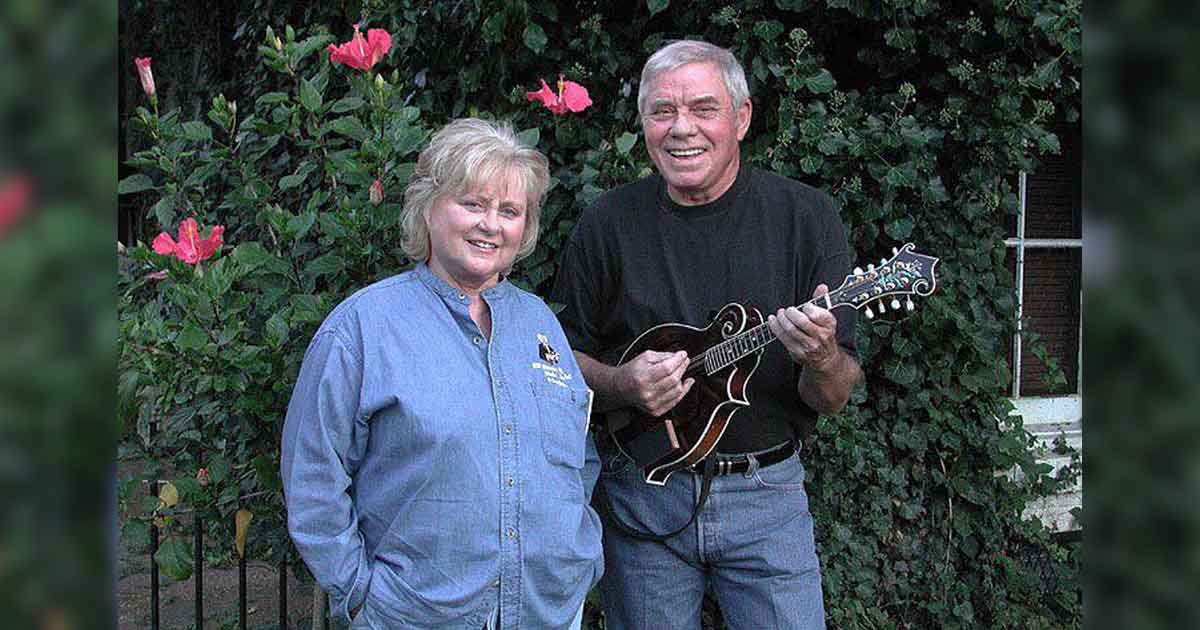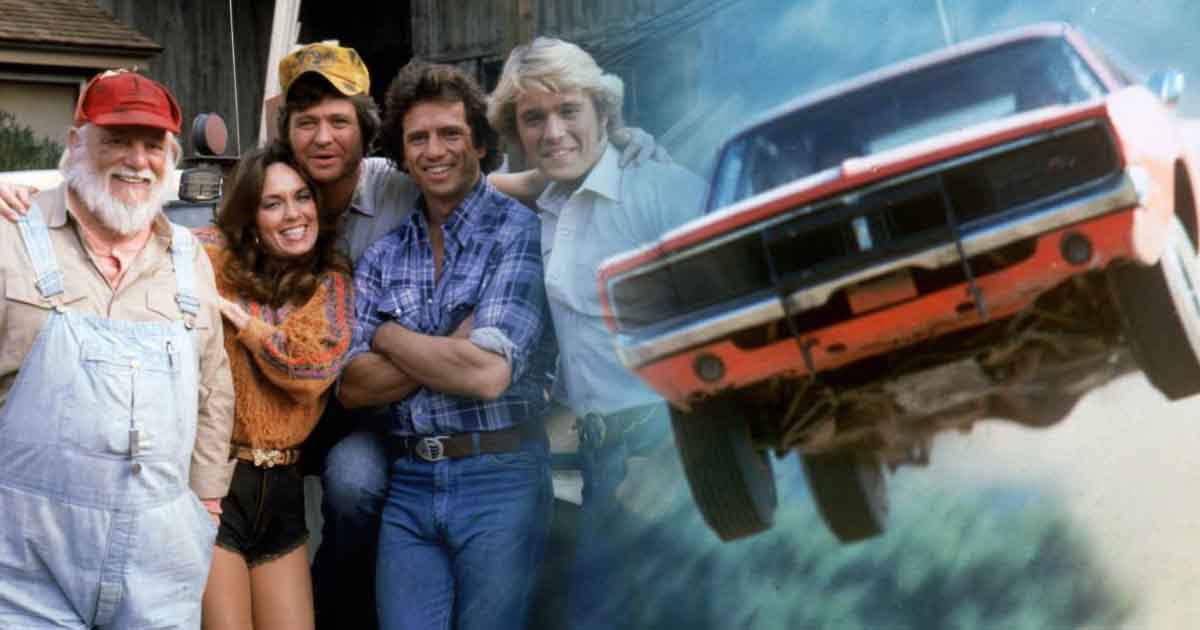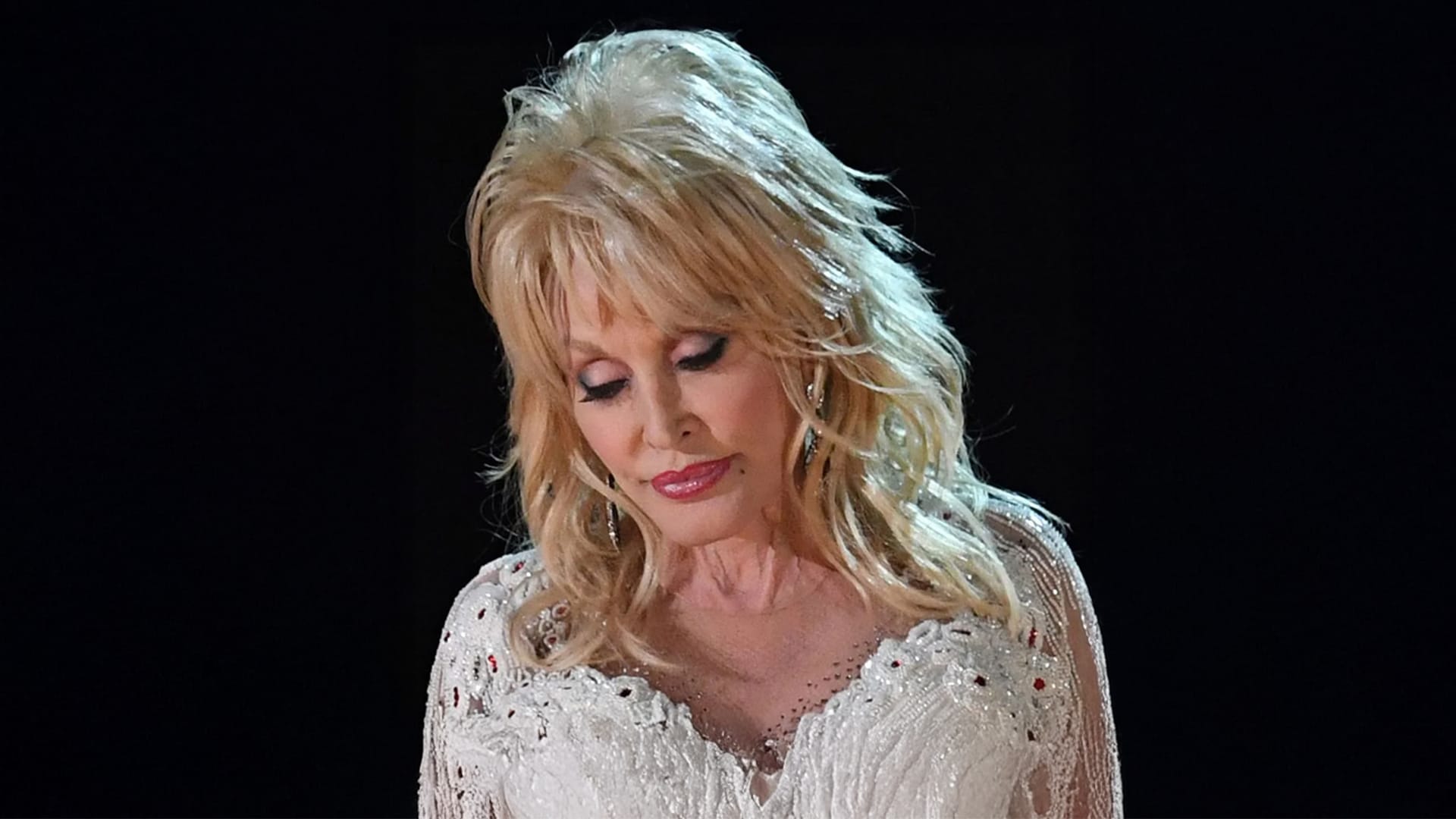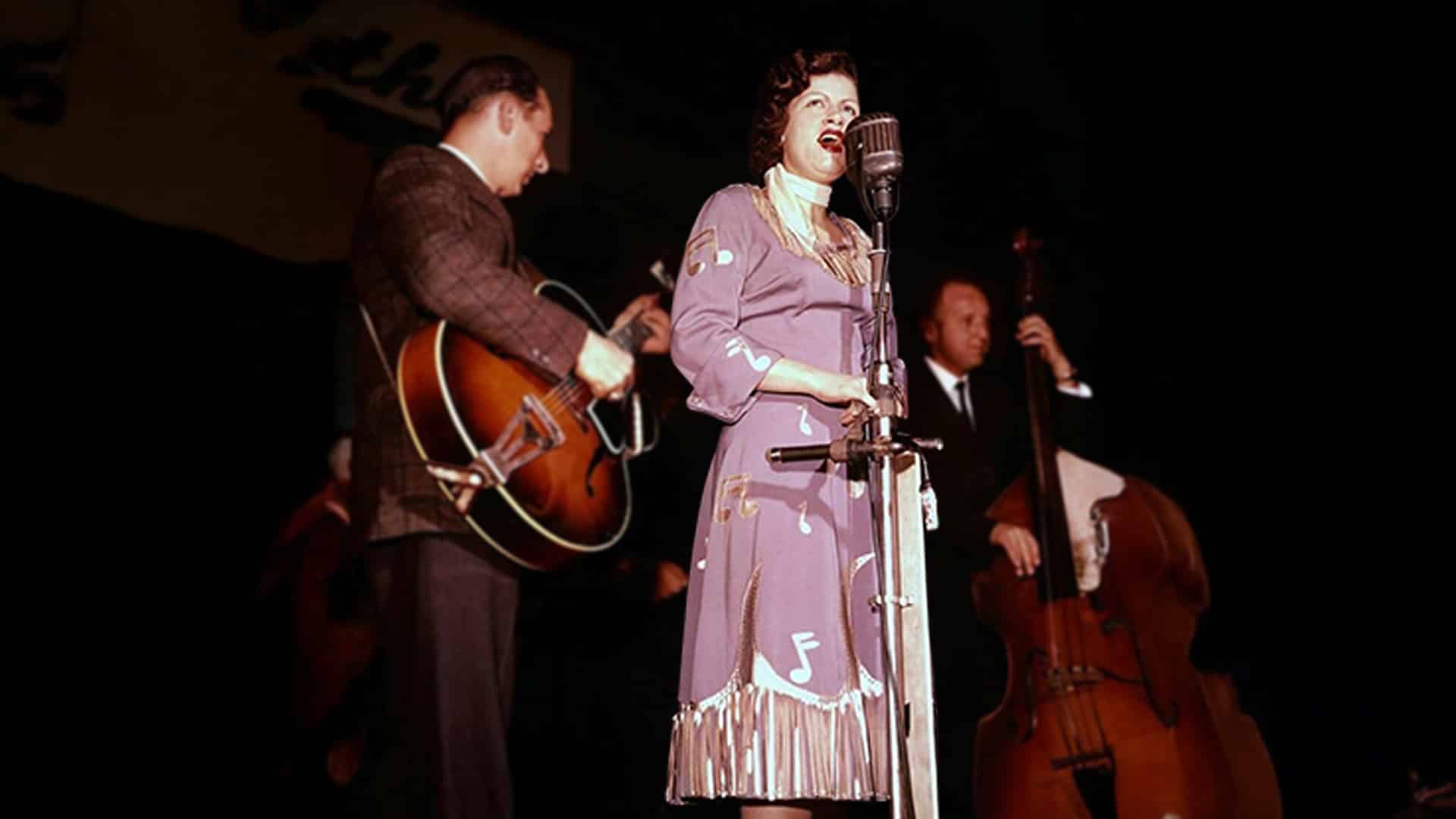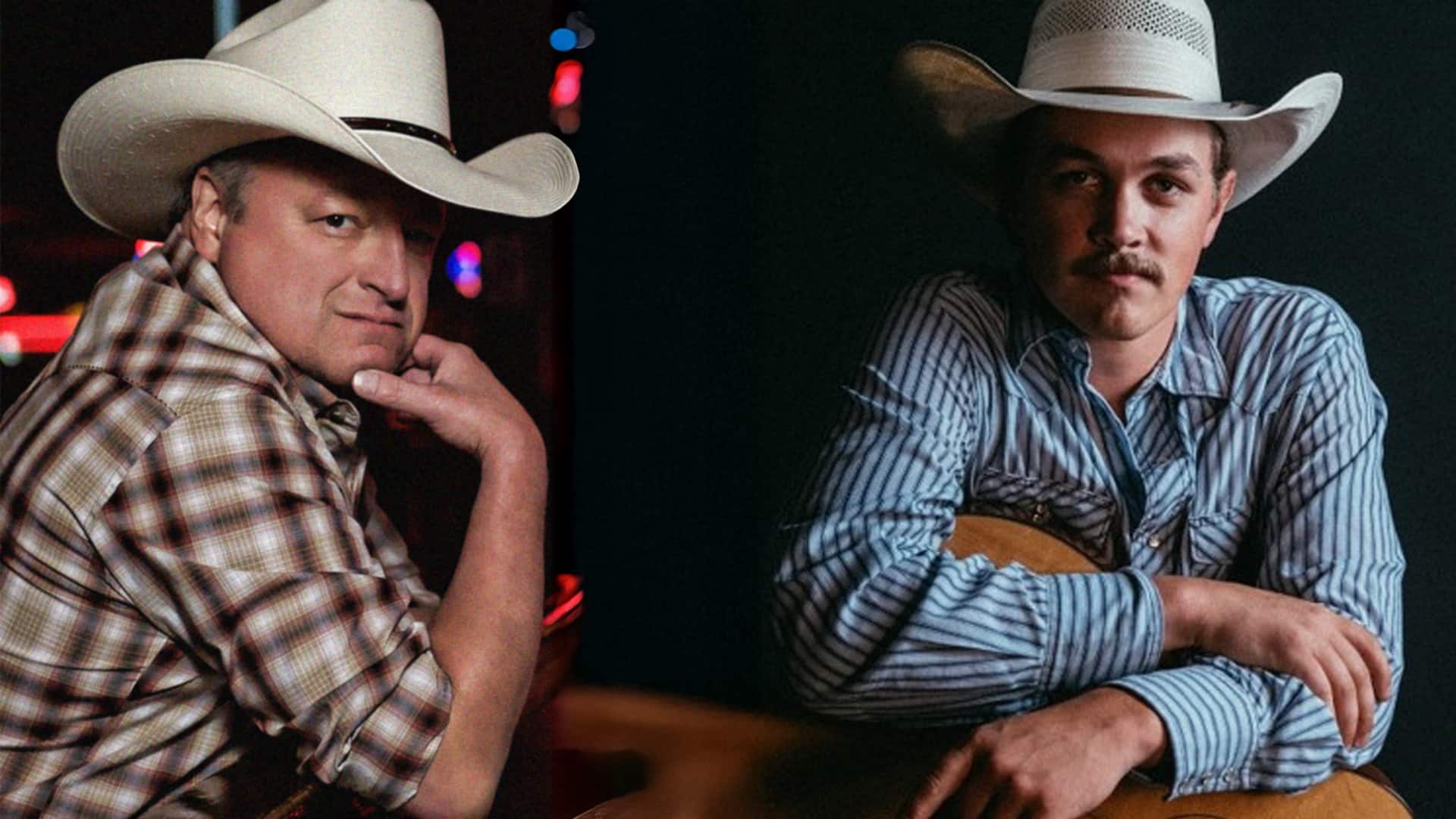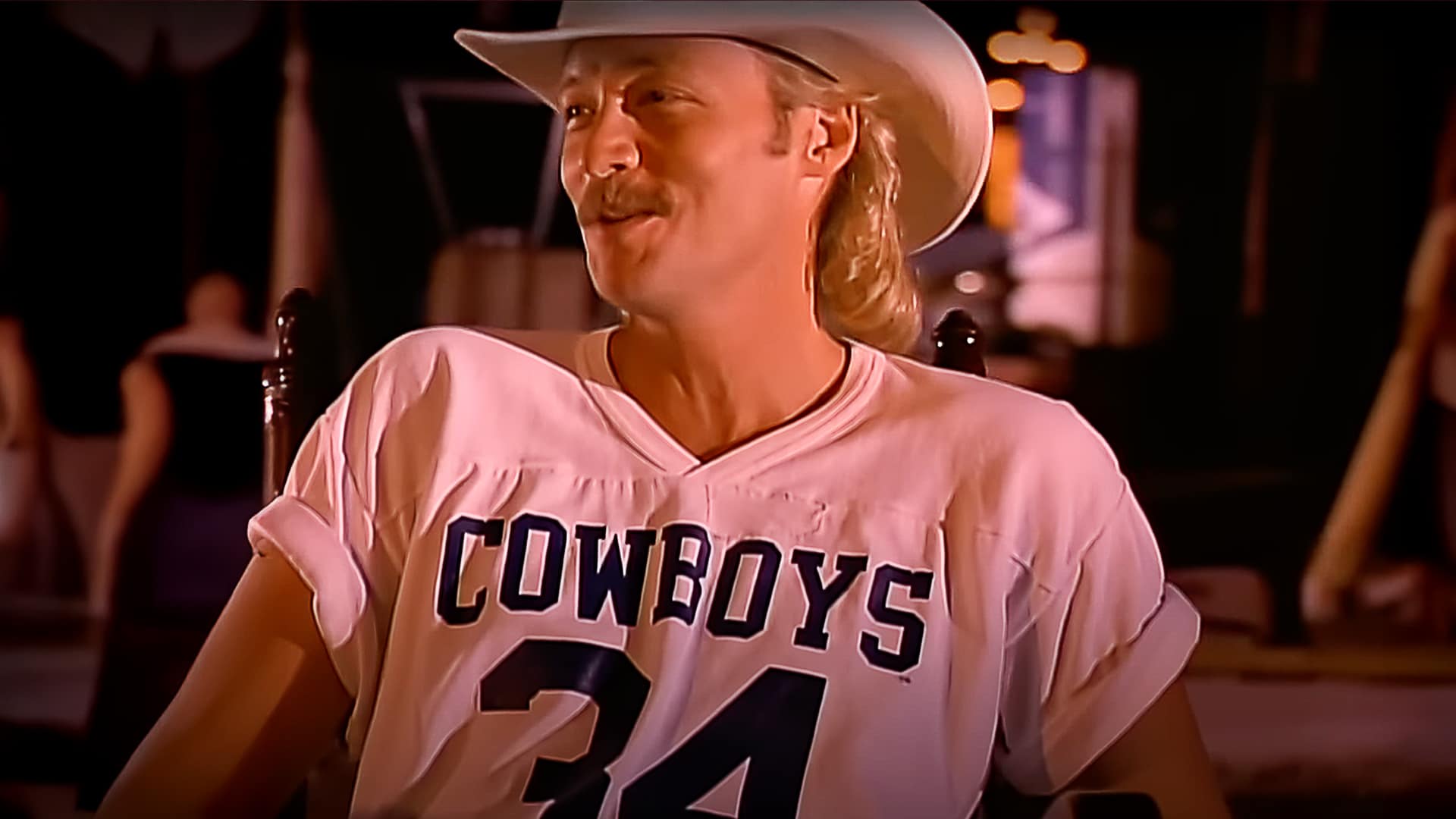Dubbed as “The Storyteller” of country music, Tom T. Hall undeniably established not just a successful career but a well-distinguished one. You can hear a song, and you’d know without a doubt that it’s Tom T. Hall’s. Alongside his contemporaries like Kris Kristofferson, John Hartford, and Mickey Newbury, Hall led the era of literary country music and was known as one of the leading figures of the genre during that time.
And of course, behind every successful country star is also a supportive family. So, let’s meet the people behind and alongside Tom T. Hall’s career.
A Homegrown Love Story: Who is Tom T. Hall’s wife?
Tom T. Hall met his wife and collaborator, Miss Dixie, at a BMI awards banquet. She accompanied Mother Maybelle Carter to the dinner and was on hand to accept an award for co-writing Dave Dudley’s 1965 hit “Truck Drivin’ Son-of-a-Gun.” #MemberMonday pic.twitter.com/rTXGiGpcbZ
— Country Music HOF (@countrymusichof) May 28, 2018
RELATED: Tom T. Hall: The Legacy of a Storyteller
Tom T. Hall and the late Dixie Hall’s homegrown love story that started back in 1968 wasn’t Hall’s first time tying the knot. He was previously married to Opal “Hootie” McKinley from Grayson, Kentucky back in 1961, and they had a son named Dean Hall.
Three years later, Hall met Dixie for the first time. And their very first conversation was rather unromantic, and for some, it would be too shocking to merit any further introductions and interactions. At the time, Dixie Deen just won the BMI Citation of Achievement-winning song at the BMI Country Awards in Nashville in 1964 for Dave Dudley’s hit “Truck Drivin’ Son of a Gun” that she wrote. Tom T. Hall, who was still working his way to pursue a music career, was also there for the song “I Got Lost.”
In an interview with Bluegrass Unlimited, Dixie shared that it was the usual steak and potato thing. Hall was seated across the table, and they had to speak. He asked her if she liked potatoes, and she said yes, to which he replied if that was the reason she was so fat. Maybelle Carter, who was with Dixie during the dinner, was shocked, and although it wasn’t the best first conversation, she didn’t let it stop her from getting to know him.
Later on, she ran into him at the Disc Jockey Convention, then invited her to go fishing. Dixie said she jumped at the chance and thought he was okay. They went fishing and caught a huge catfish which she made him keep in his bathtub because she just couldn’t see it being killed.
Four years later, they were married.
Shortly after getting married, Dixie took a break from songwriting while her husband built his career, writing and releasing numerous well-known hits like “A Week in a Country Jail” and “I Like Beer.” She then focused on doing philanthropy, working with the non-profit organization Nashville Humane Society and raising over $1 million.
Hall retired in the 1990s – letting go of writing new material first then eventually stopped performing. But Dixie, who would never take no for an answer, wouldn’t let him just give up on his career like that. She told him that it was okay to quit the road but never music because it was just too much of a treasure to throw away. He pushed her back a bit, but she kept on pushing him on. Finally, he told her that if music was such a treasure and so easy to do, then she should do it.
And so she did.
She continued writing songs just like “Your Memory Followed Me Home” and “High Lonesome Road.” Hall eventually caved and joined her, and their songwriting teamwork proved to be more than just successful. The couple bagged the Grand Masters gold prize from the Society for the Preservation of Bluegrass Music of America. Not to mention being named Bluegrass Songwriters of the Year 12 times from 2002 until 2015.
According to Hall, the reason why their teamwork worked out so well was their difference in perspective of Appalachia. Hall shared that he was born in the foothills of the mountains and spent his lifetime trying to escape. All he saw was the forest. But to Dixie, who was an outsider being born in the West Midlands, England, she can see all the trees and the people as ‘hard-working, family-loving salt of the earth.’
The two lived happily for 46 years until Dixie Hall died on January 16, 2015. She was 80.
The Successor of a Legacy: Meet Tom T. Hall’s son, Dean Hall
RELATED: 15 Tom T. Hall Songs That Brought A Class Of Storytelling To Country Music
More often than not, Dean Hall would always receive that question asking if he was really that Dean Hall, son of Tom T. Hall. He wasn’t very into telling people about his heritage, so unless he was asked, he never really introduced himself as such.
Dean grew up in Kentucky with his mom Opal Inez McKinney, and he was already deep into music before he ever heard of the name Tom T. Hall. As the story went, Tom was fresh out of the army at the time, and when he returned to Olive Hill, he was out looking for work. Later on, he found this place, a restaurant and entertainment center in Morehead, just twenty miles away from Olive Hill. There he met Opal, co-owner of the restaurant and ten years his senior. They started dating and married on February 16, 1961. But after a dispute over the restaurant’s ownership, he left town. He was born four months later.
It was only in 1971 that he discovered who his father was after one of his classmates sang “Harper Valley PTA,” and his teacher asked him if he knew that his father wrote the song. He didn’t quite get to sink that in because he was up next, performing an original song with his guitar.
Fast forward, Dean Hall started working with his father first as an assistant then soon became a lead guitarist. Then he formed his own blues band and performed with many other talented artists.
He confirmed his father’s death last August 25. Tom T. Hall was 85.

